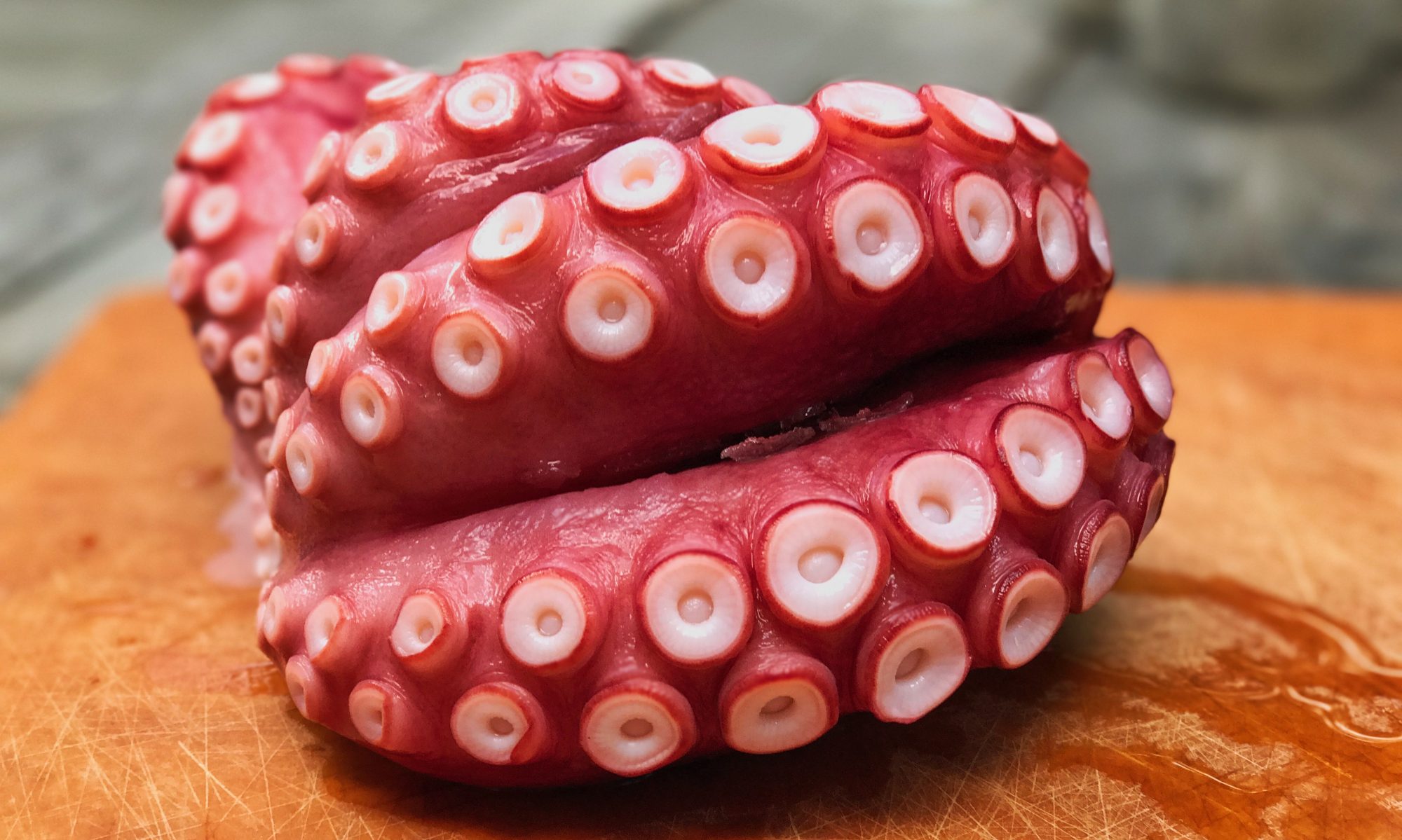I’ve worked really hard on django-todo over the years, so was very dismayed to receive email recently from a CompSci student at the University of Western Australia informing me that the department had taken the django-todo source code, removed the license file and all attribution, and included its code in one of their assignments.
Of course I’m all for open source software being used for educational purposes, and would have been honored and pleased if they had done this in an OSS-respecting manner, but they chose to take the legally shady route instead, and to leave students with the impression that this was their original code. This is not how we educate students to become productive, respectful members of the open source software world.
The offending distribution is linked to from the CITS5501 Software Testing and Quality Assurance page – download the file cits5501-project-v2.zip.
I do hope the university takes some form of disciplinary action against the professor, who obviously knows better. And I hope the professor does the right thing. In case it’s not clear what “the right thing” is, I’ll spell it out: Restore the license file, and restore attribution from the files you removed it from. Better yet, save yourself a bunch of work and don’t include a copy of the software in your assignment download at all – just link to the github repo! That’s what it’s there for.
